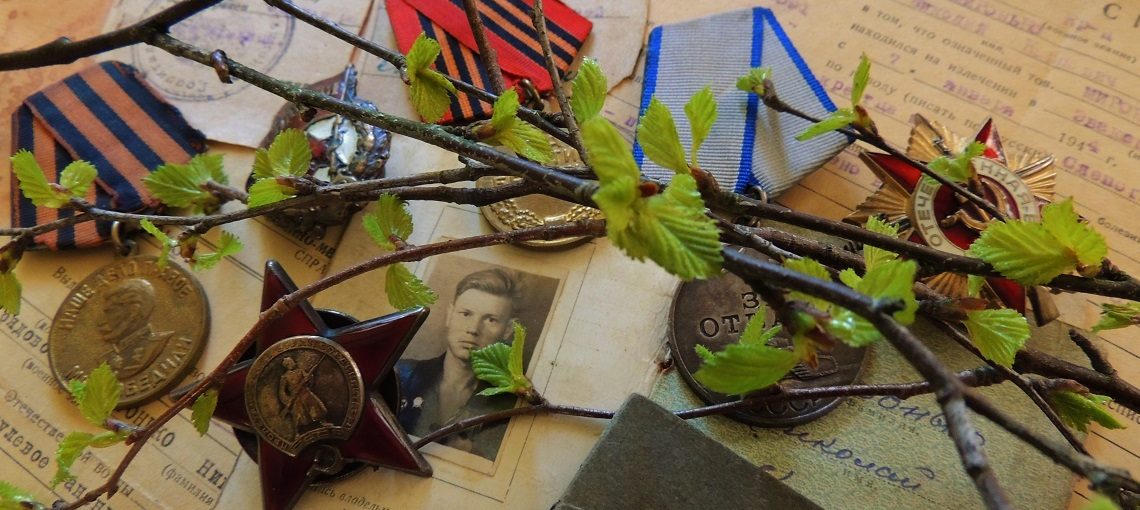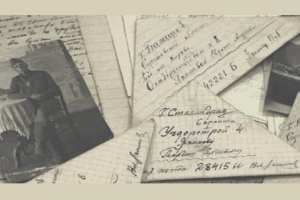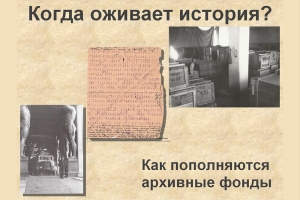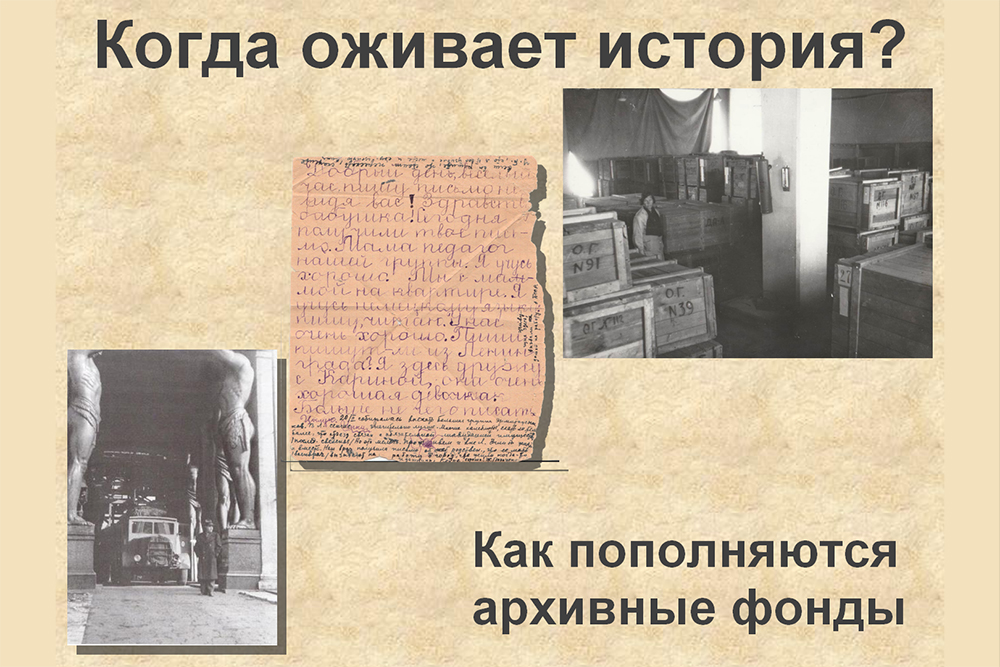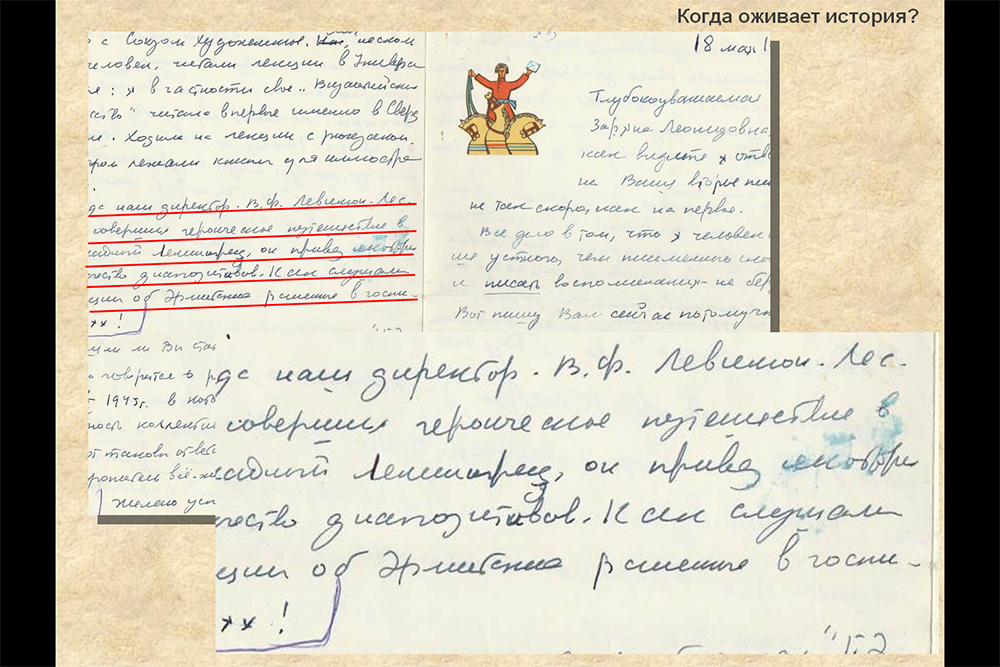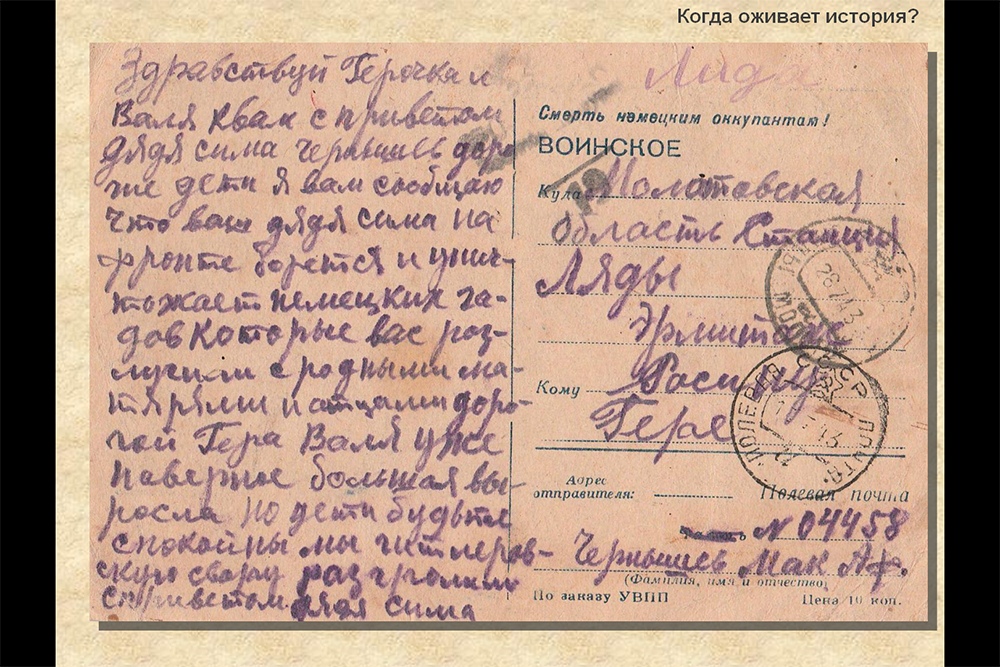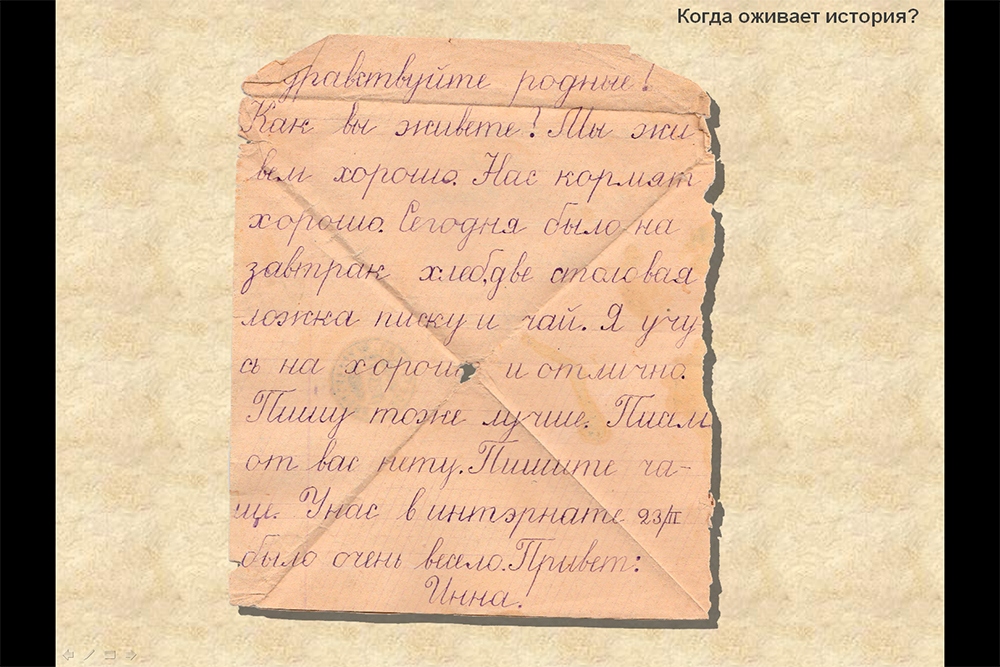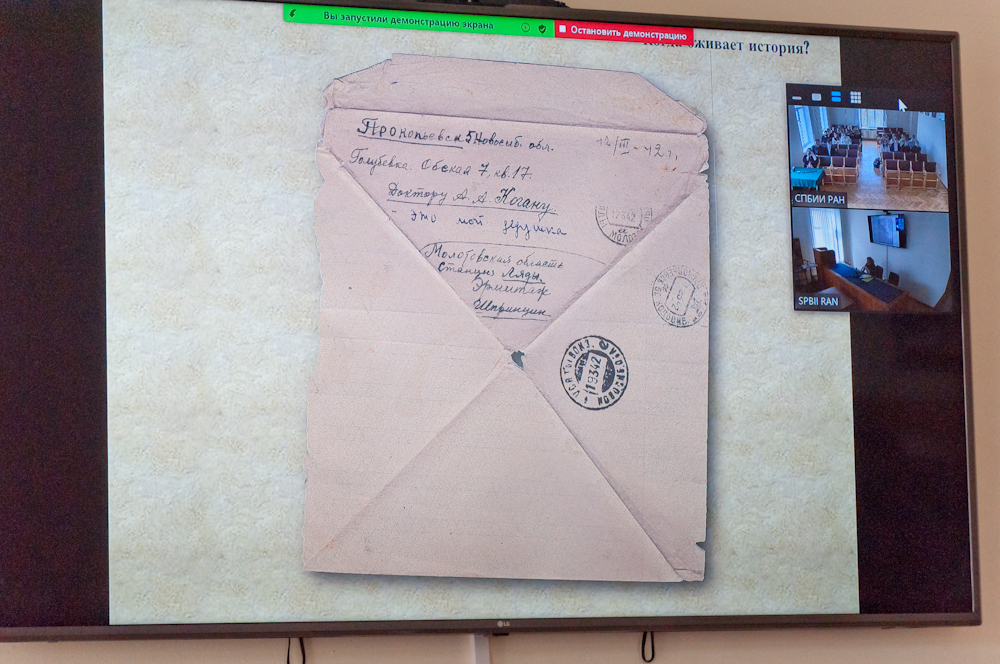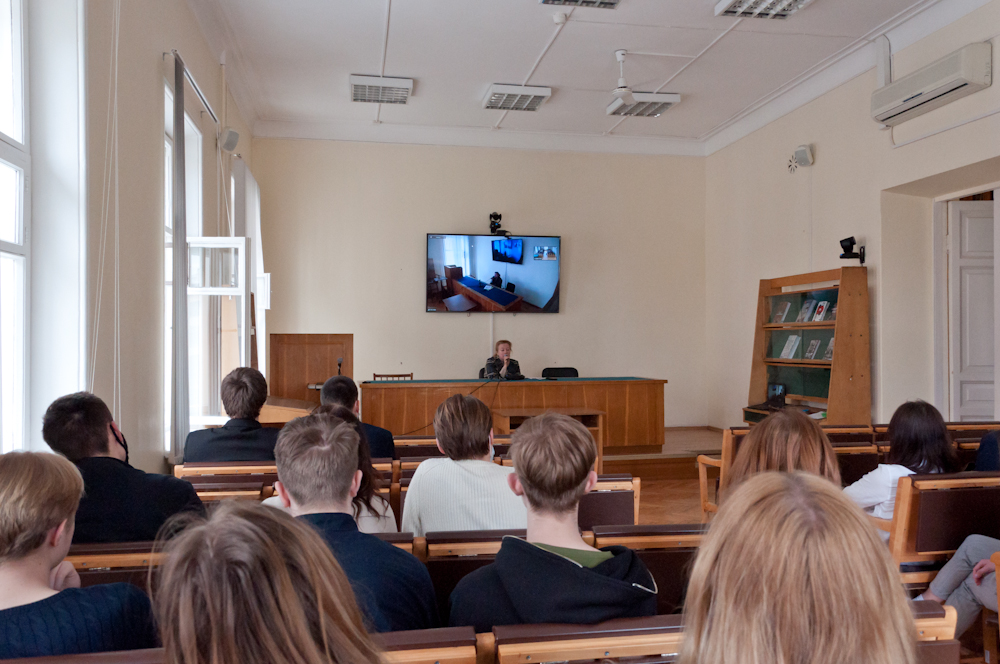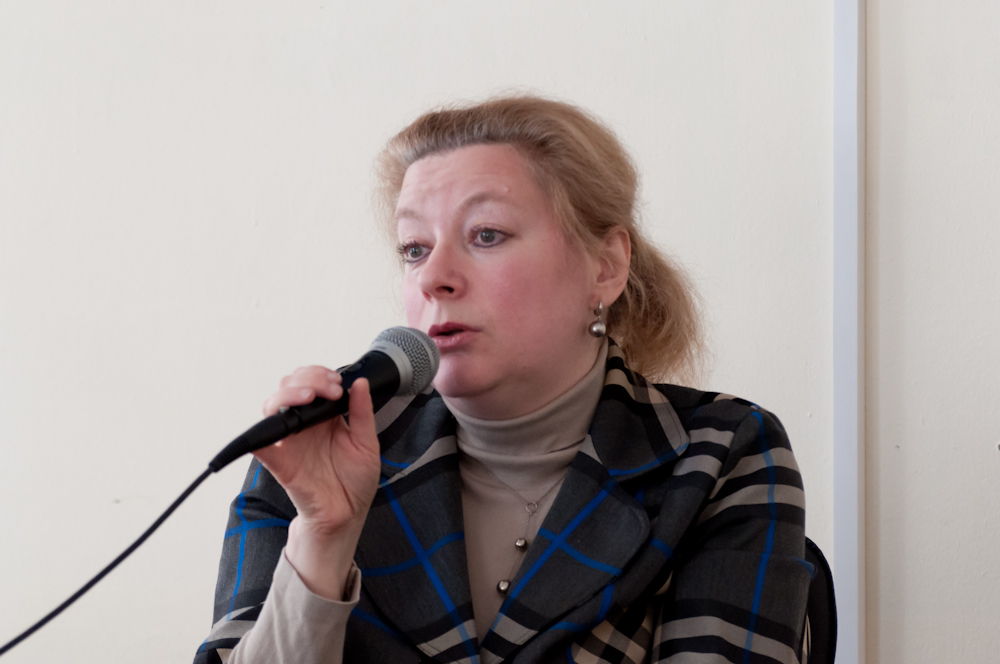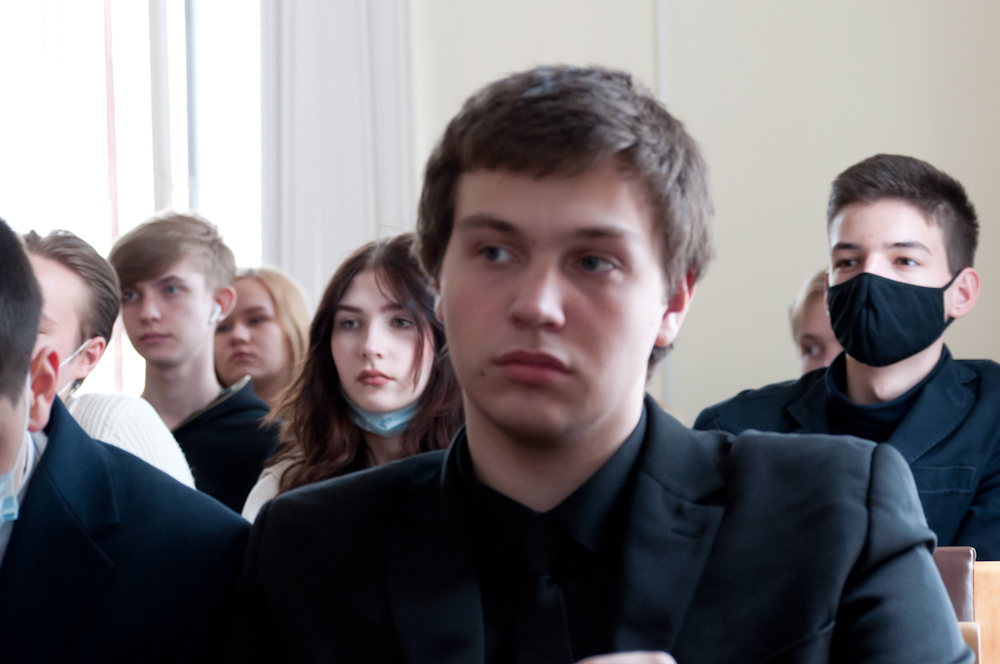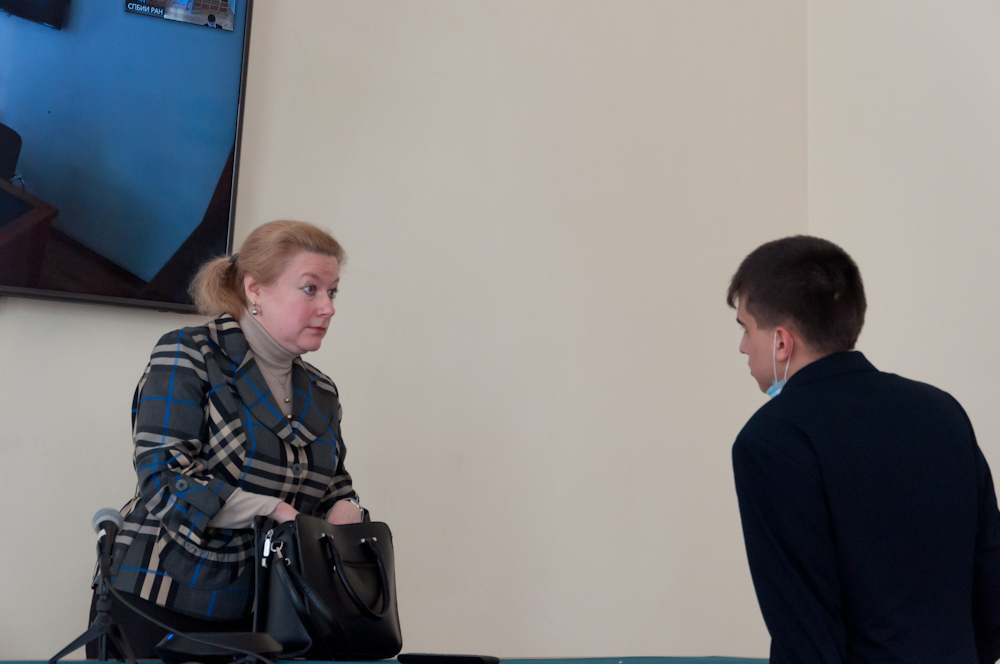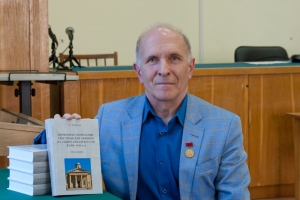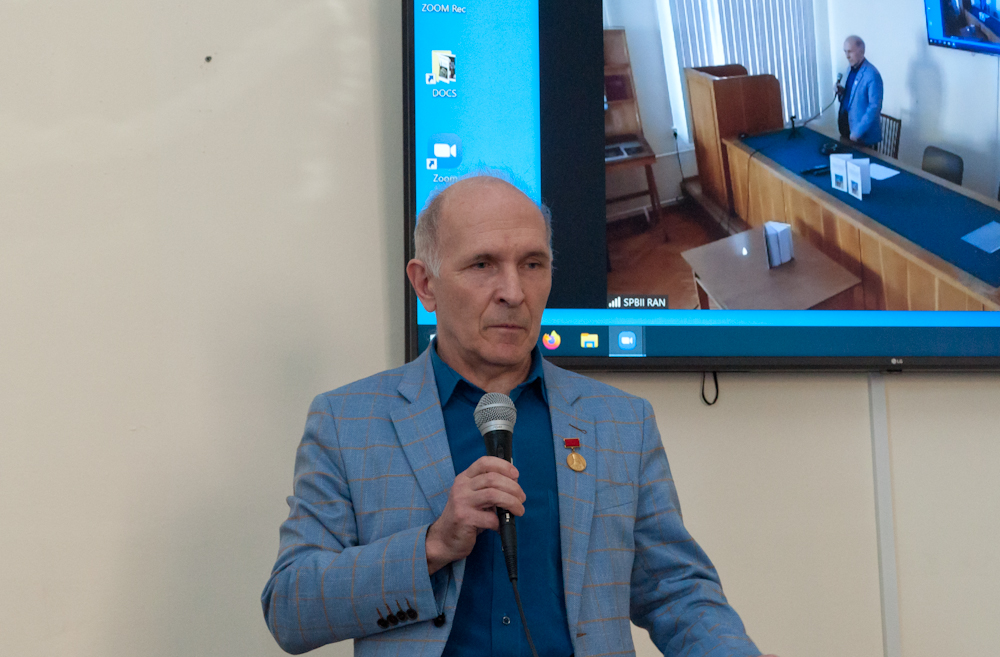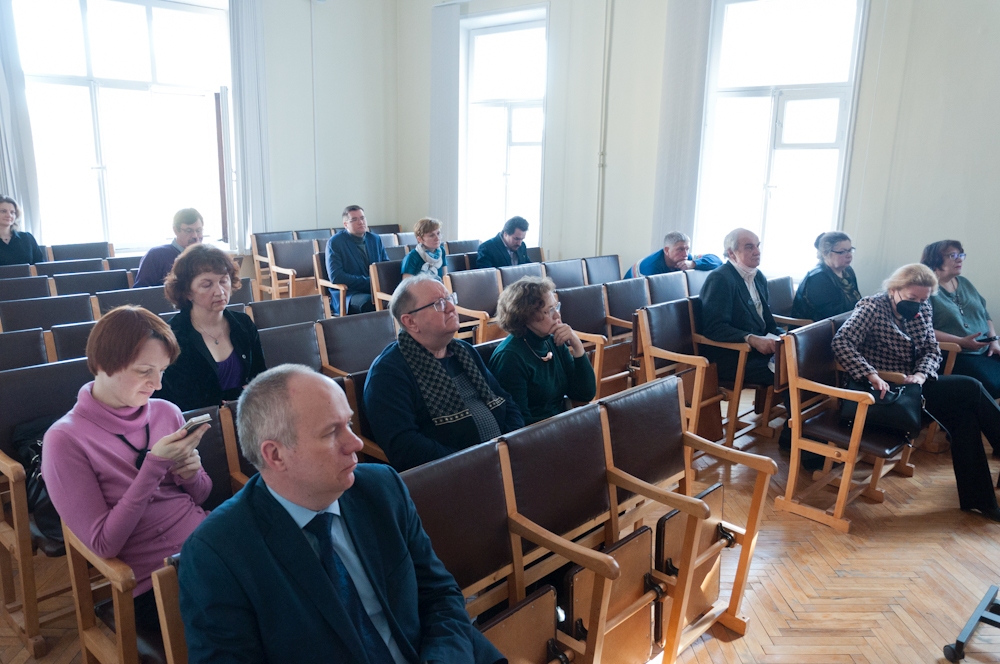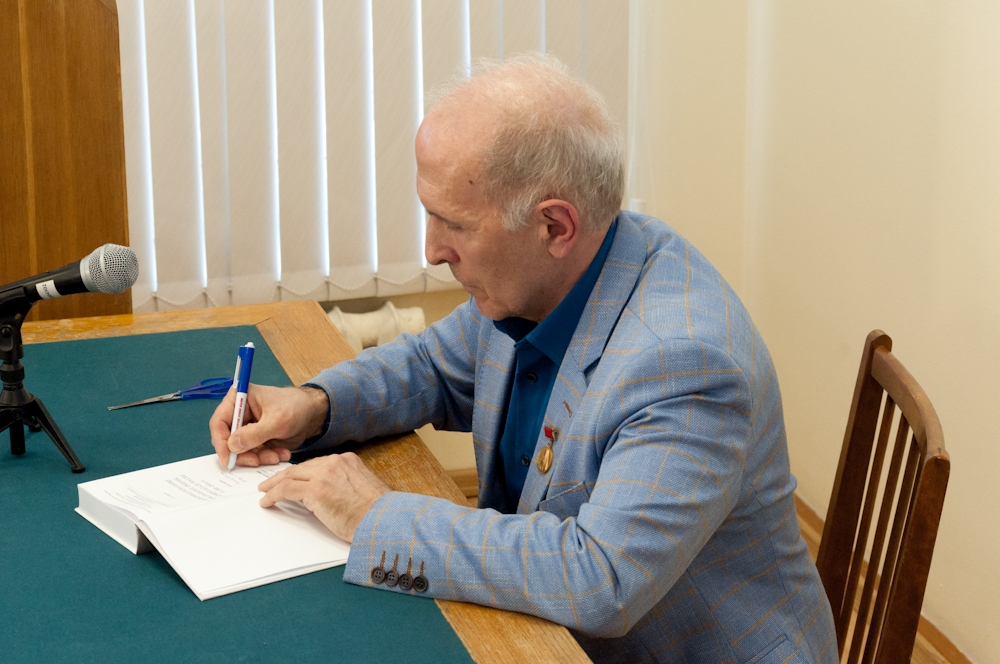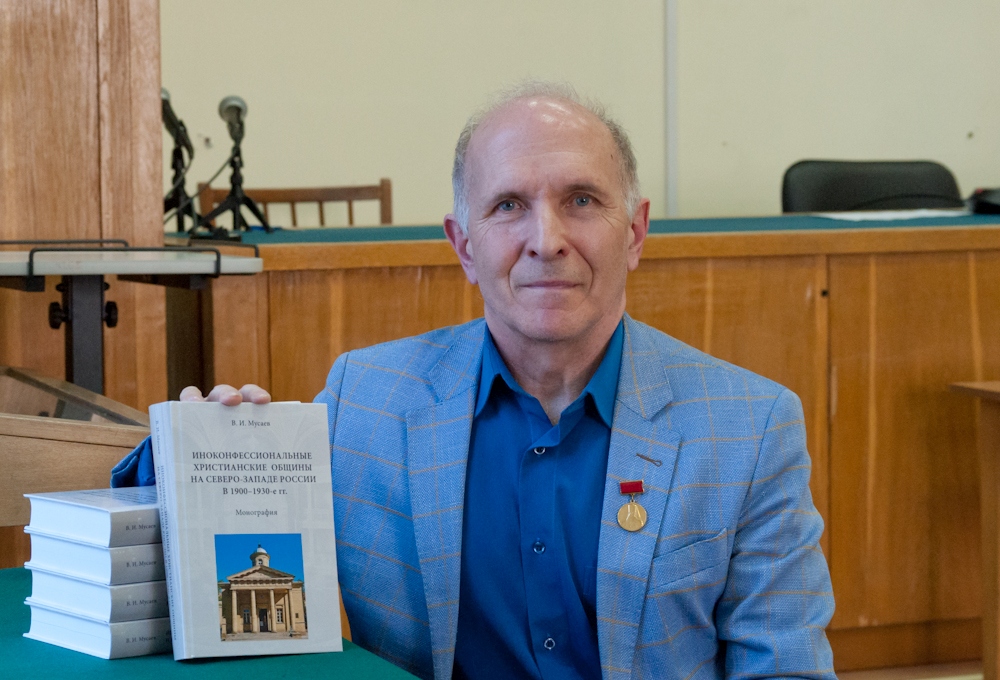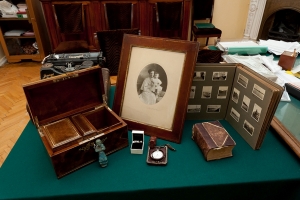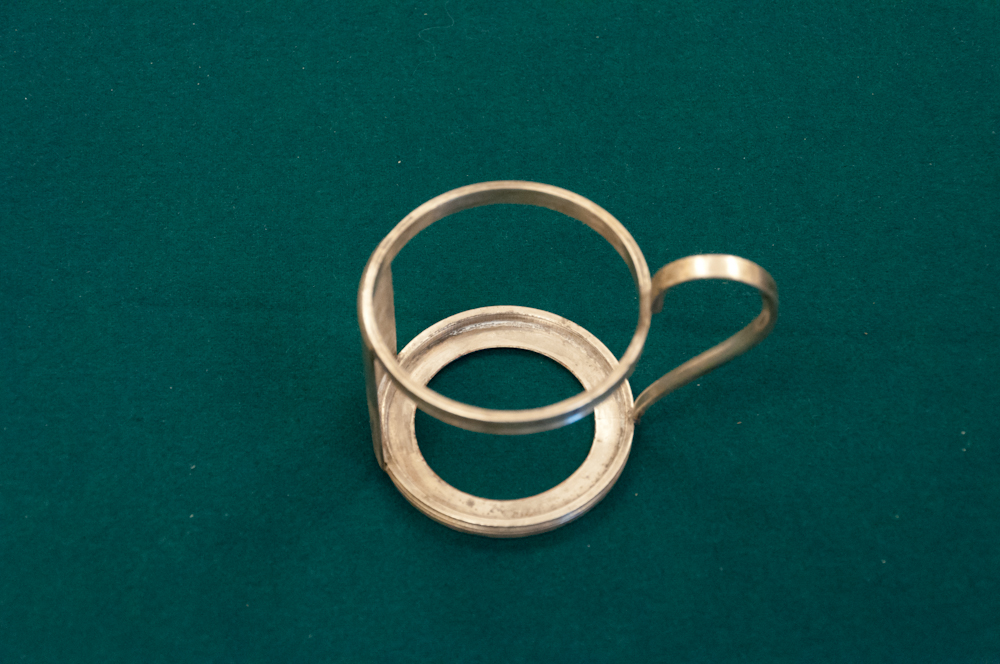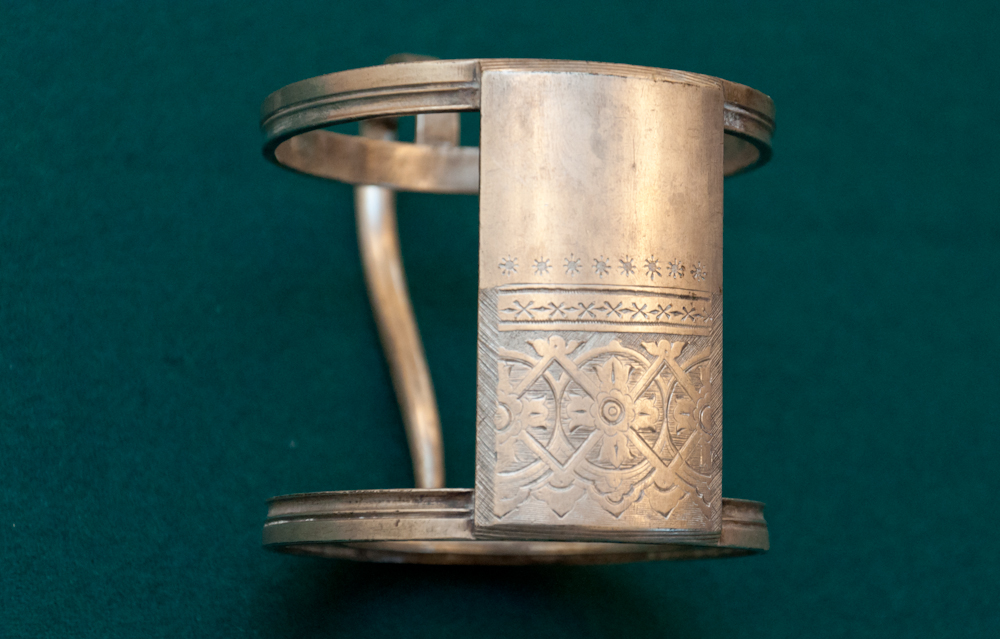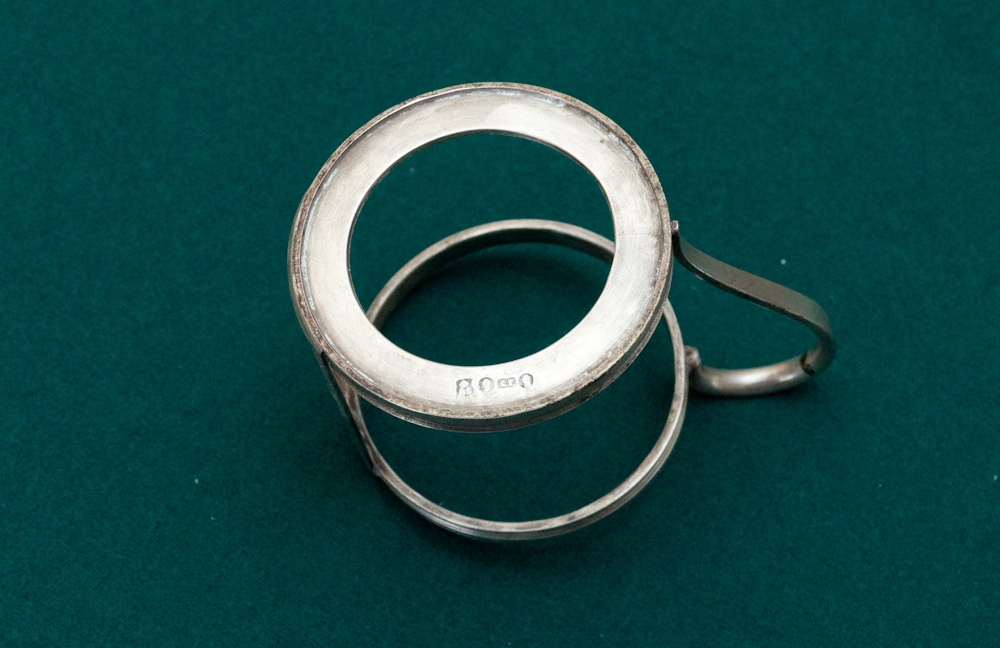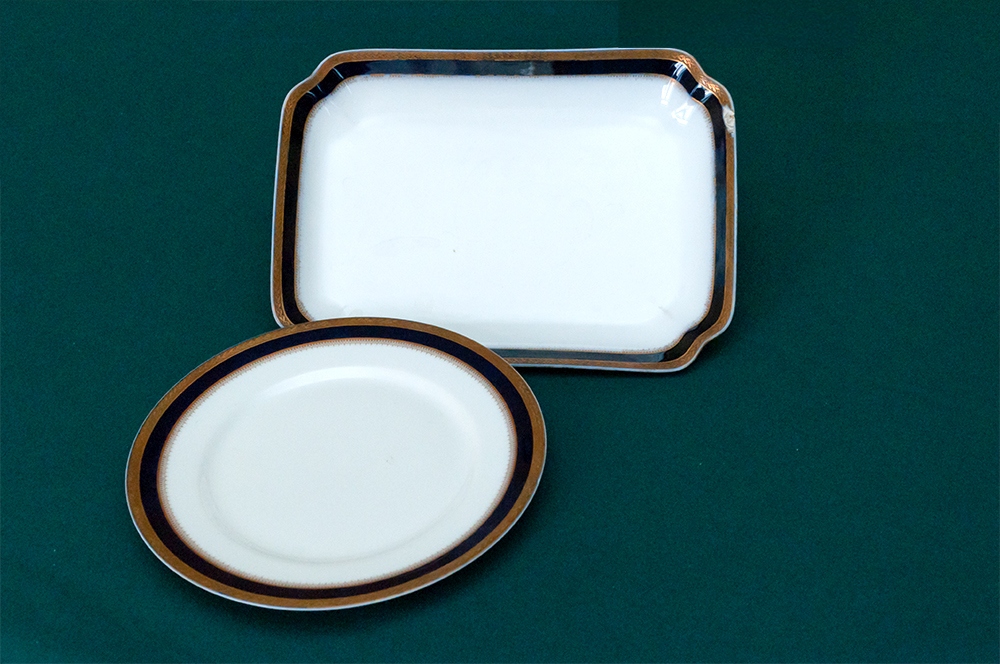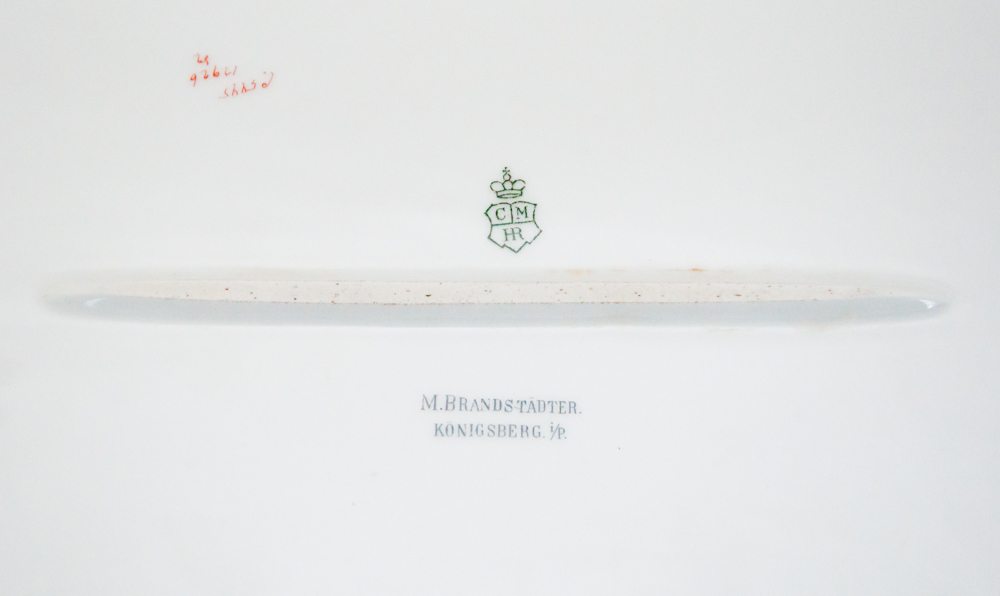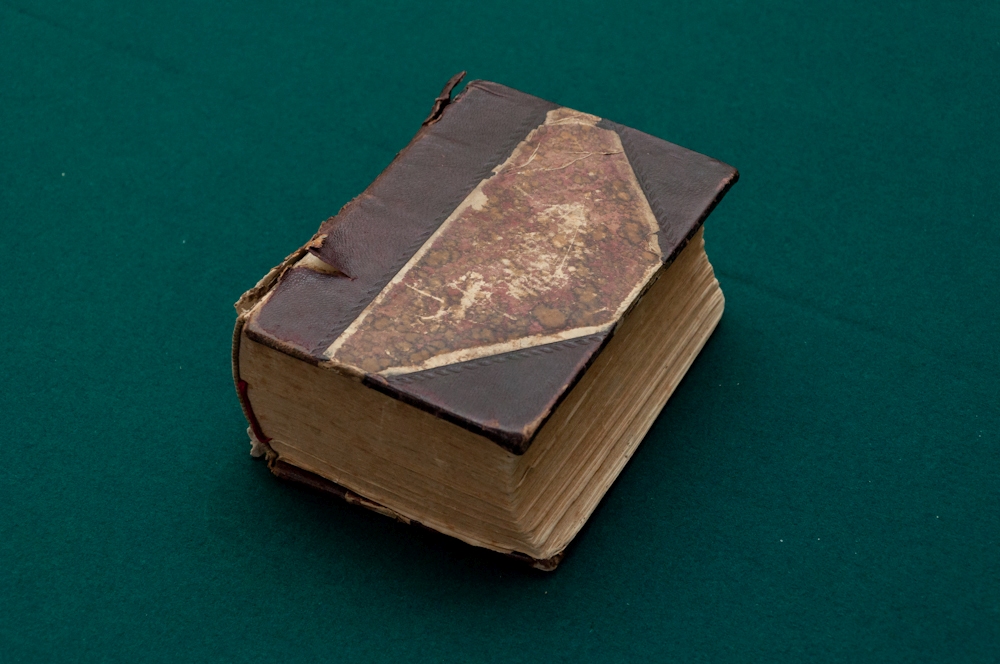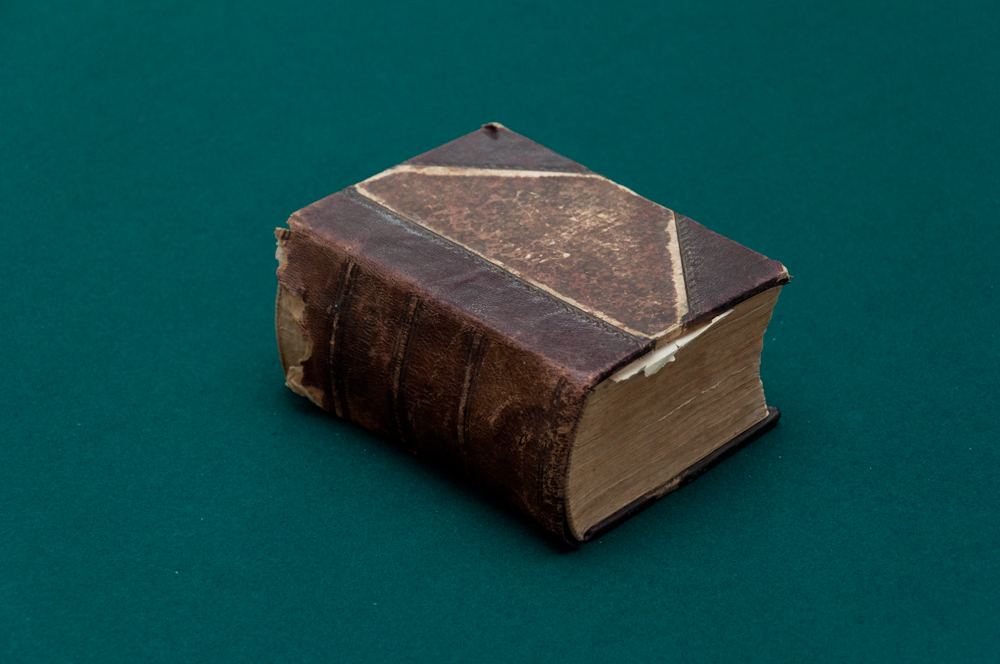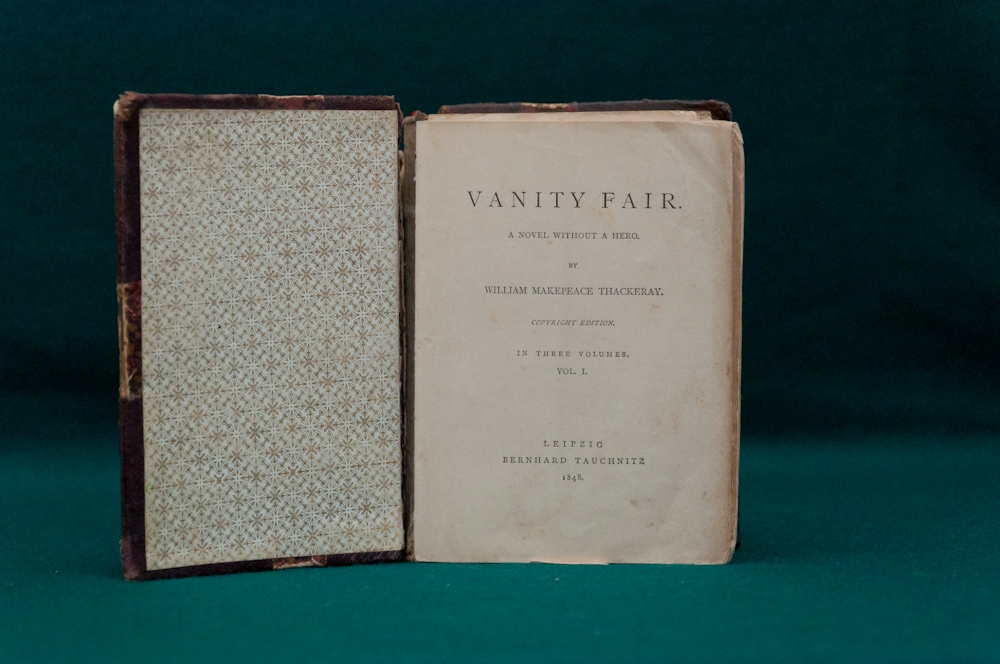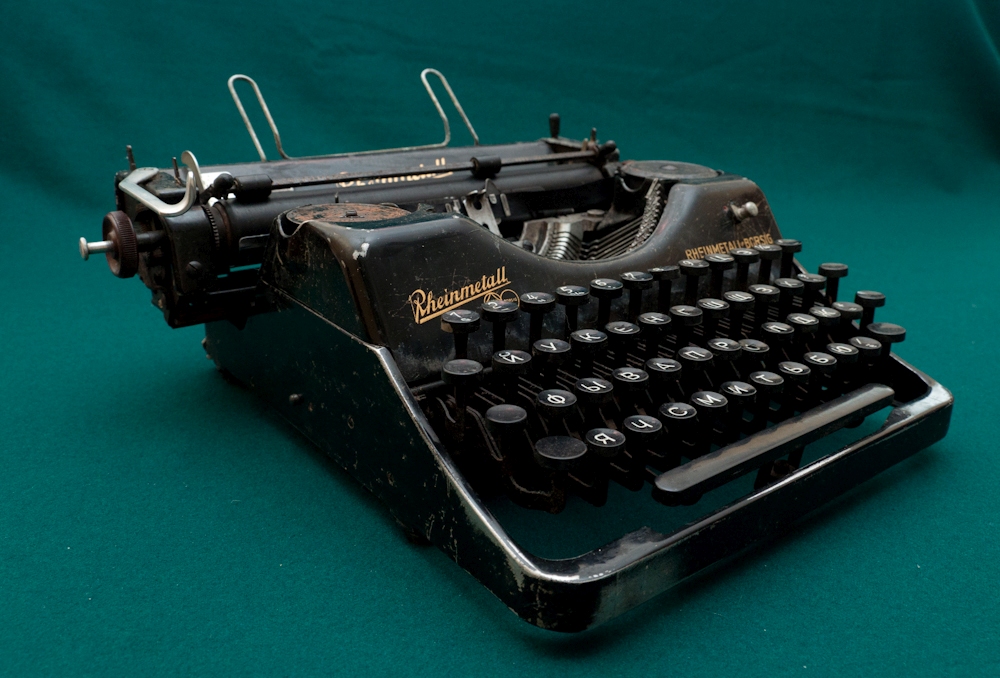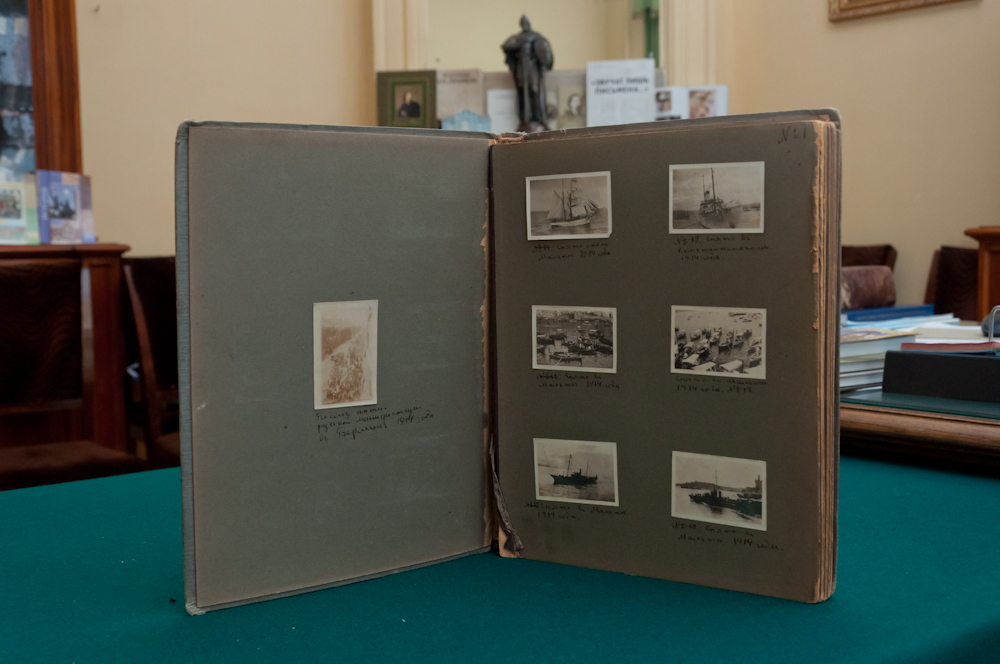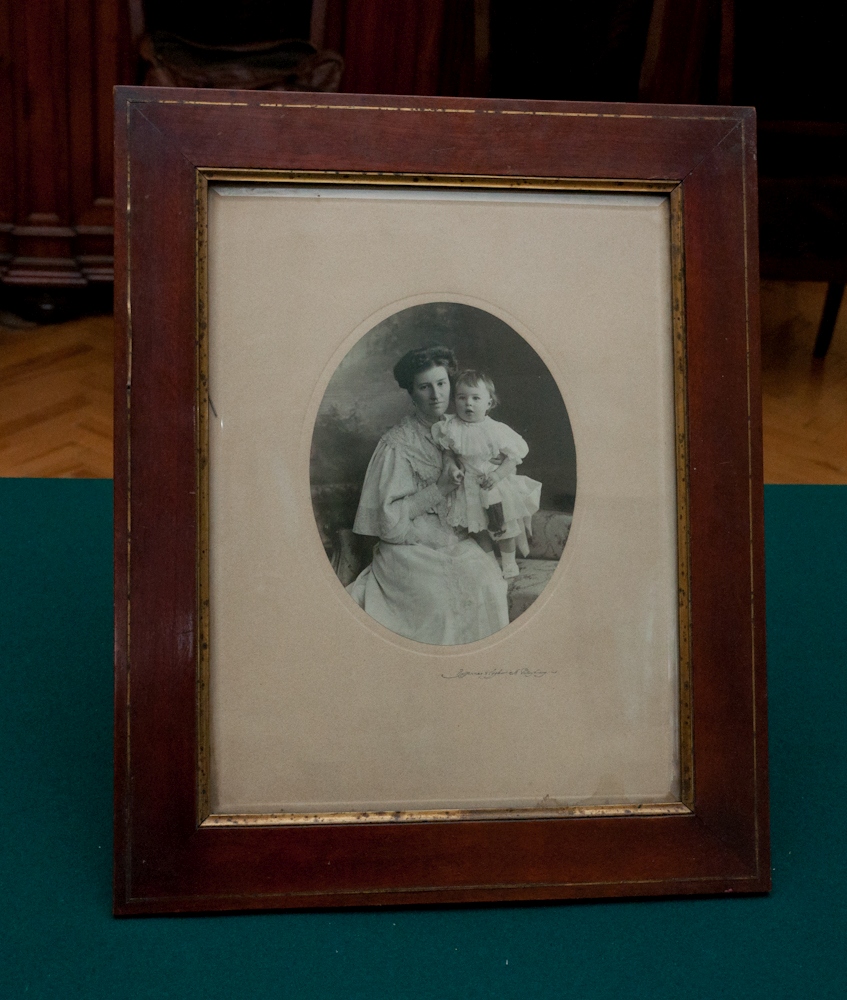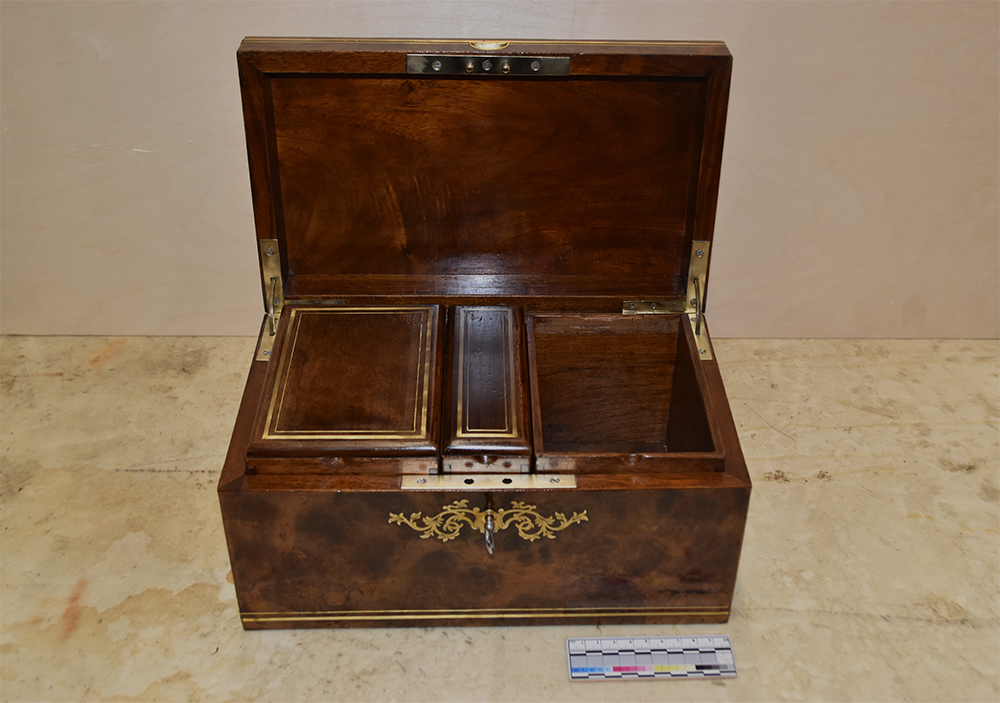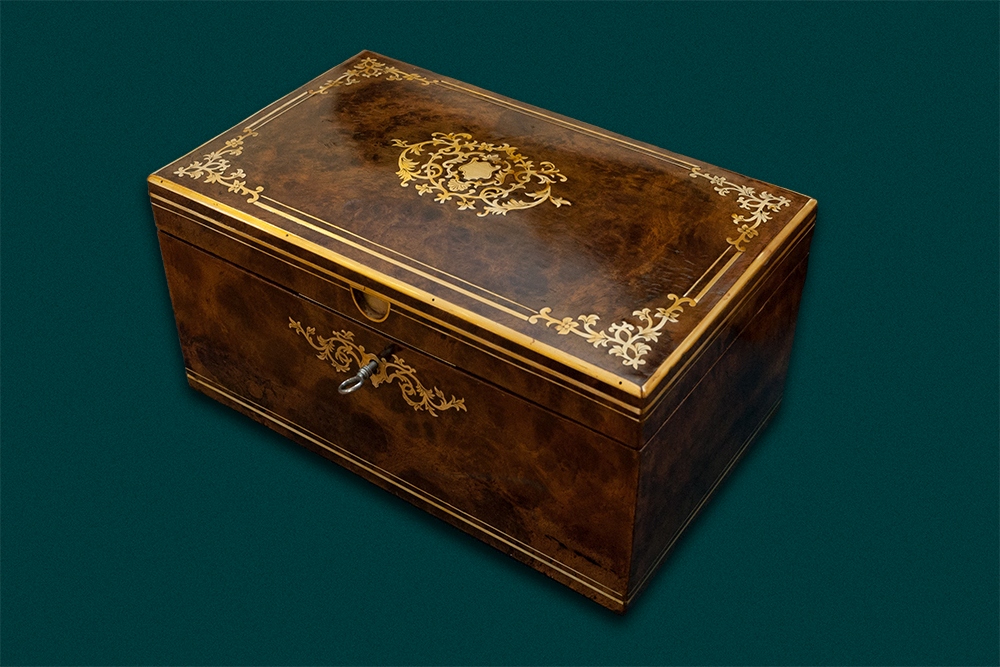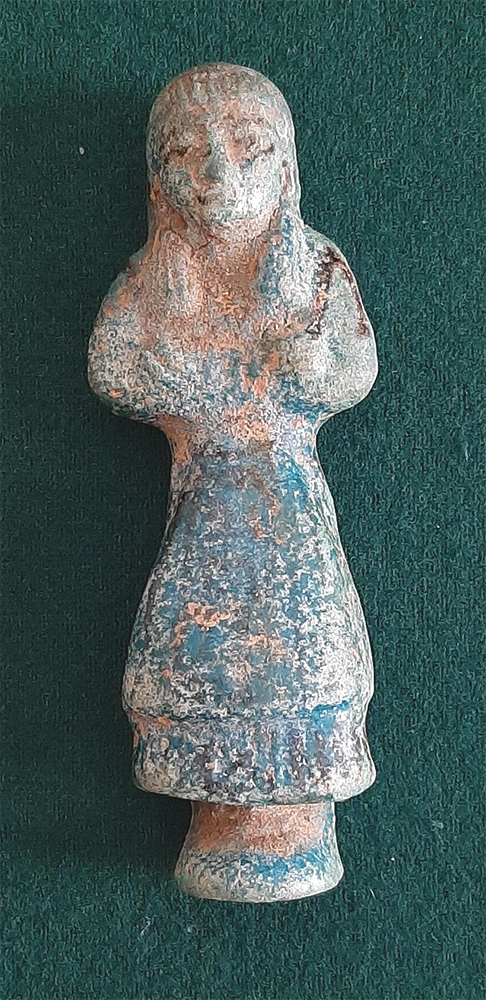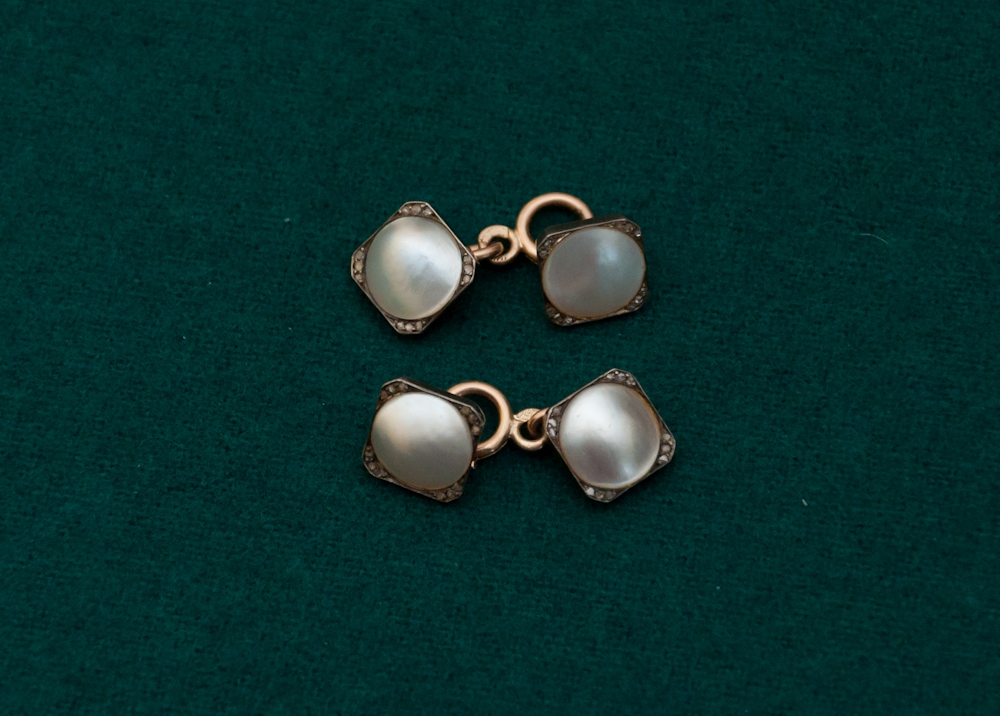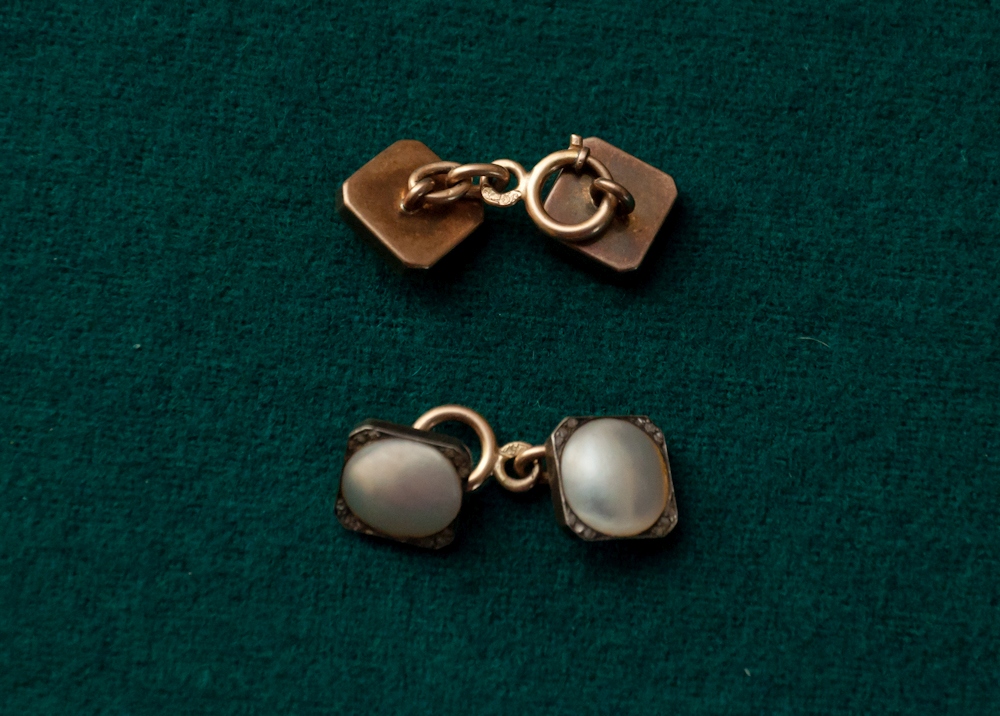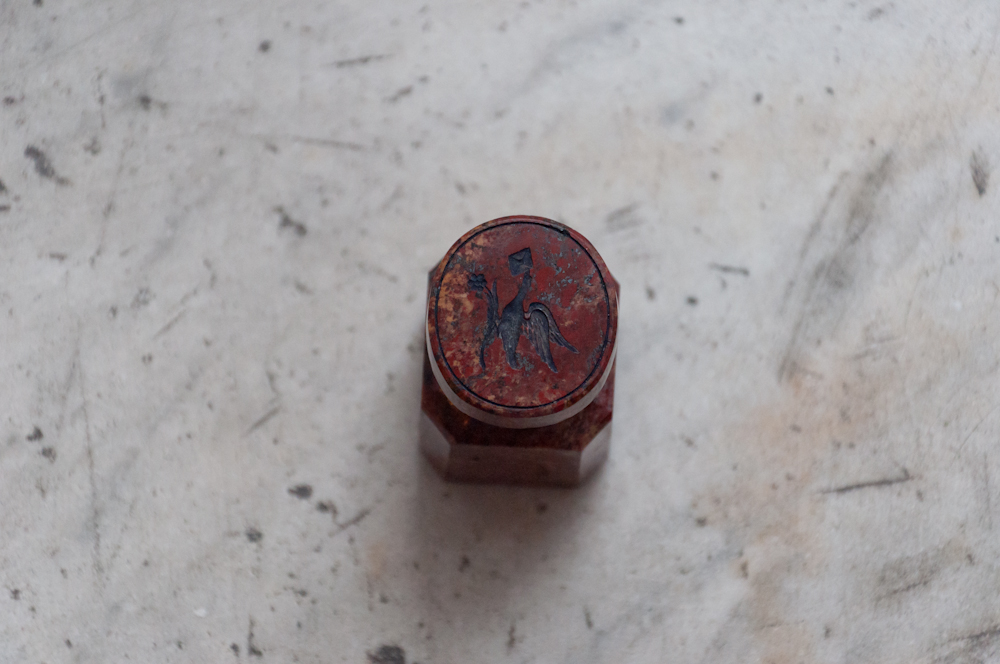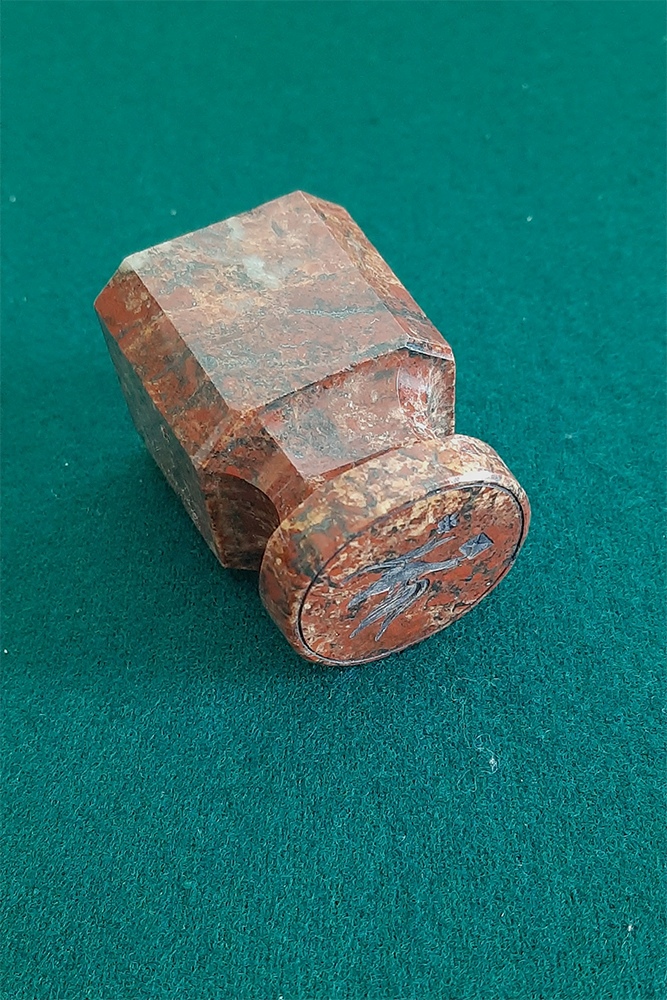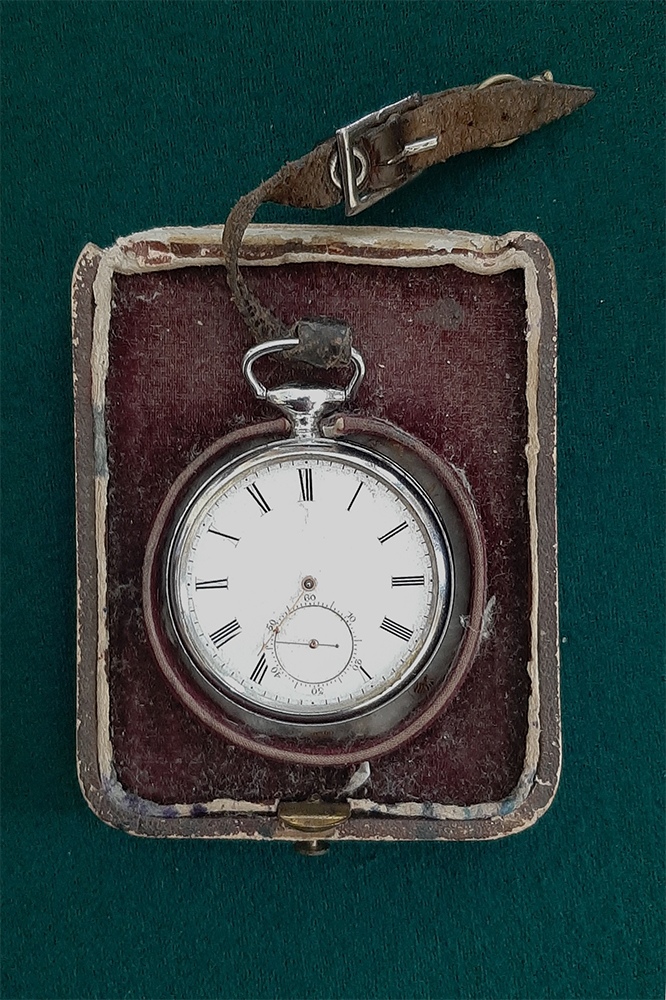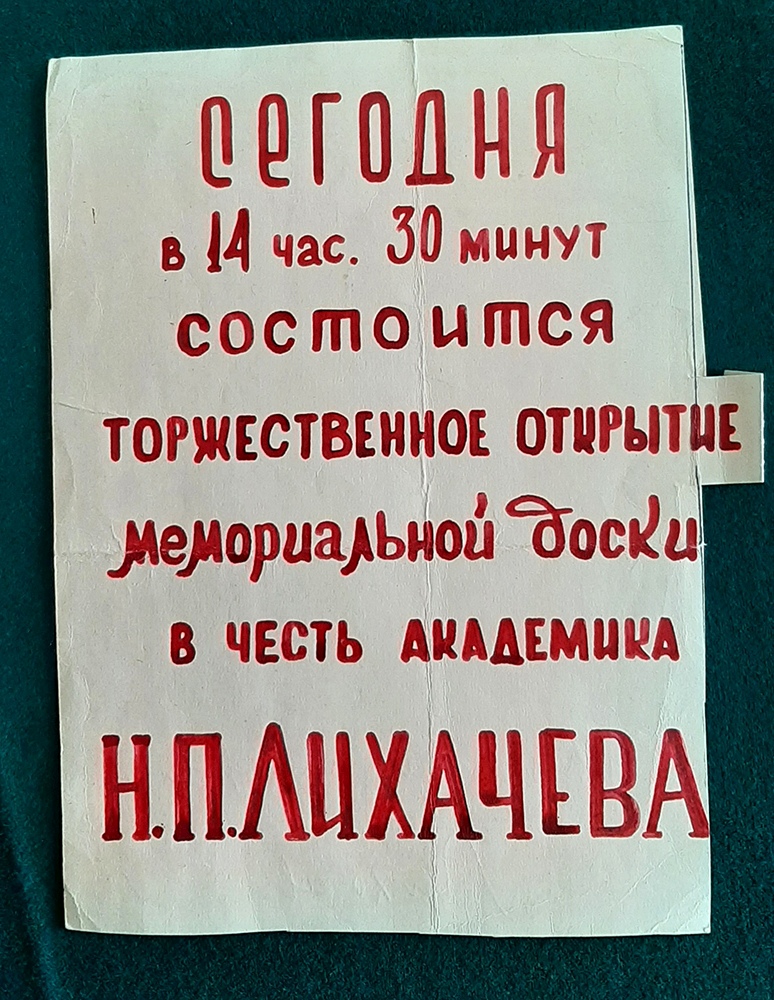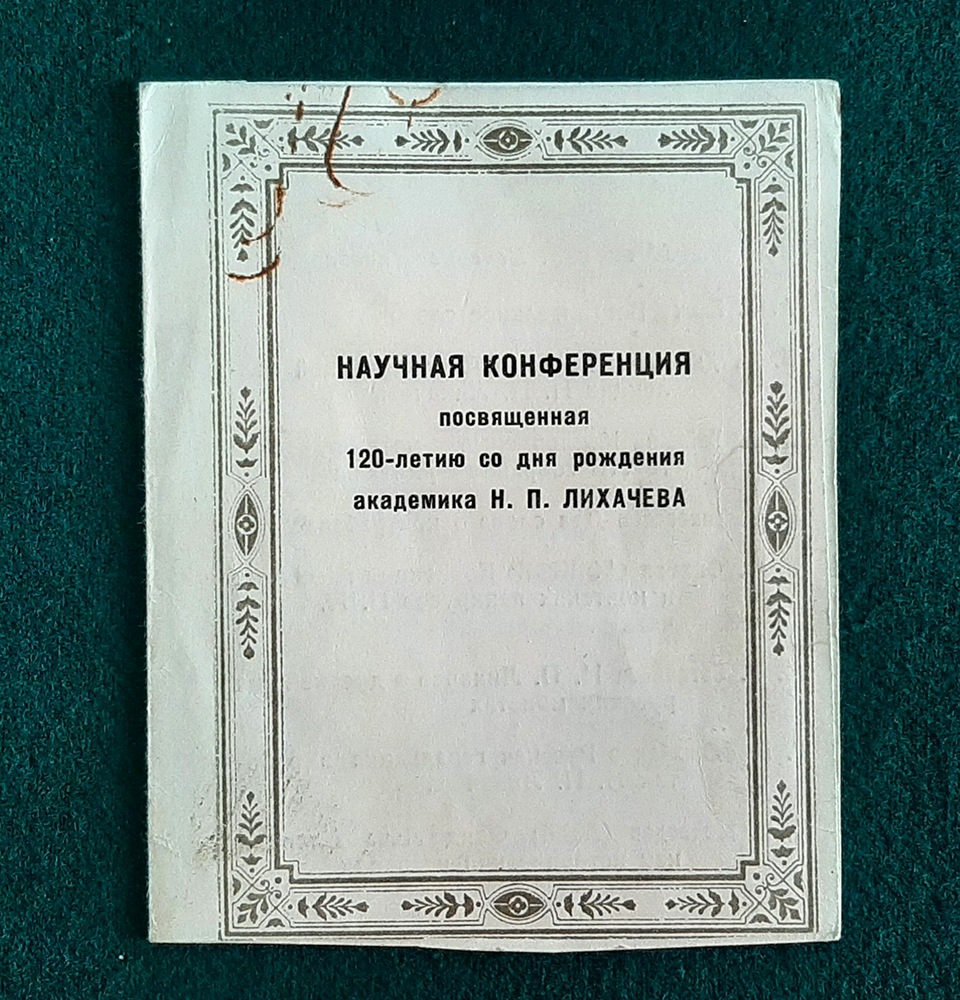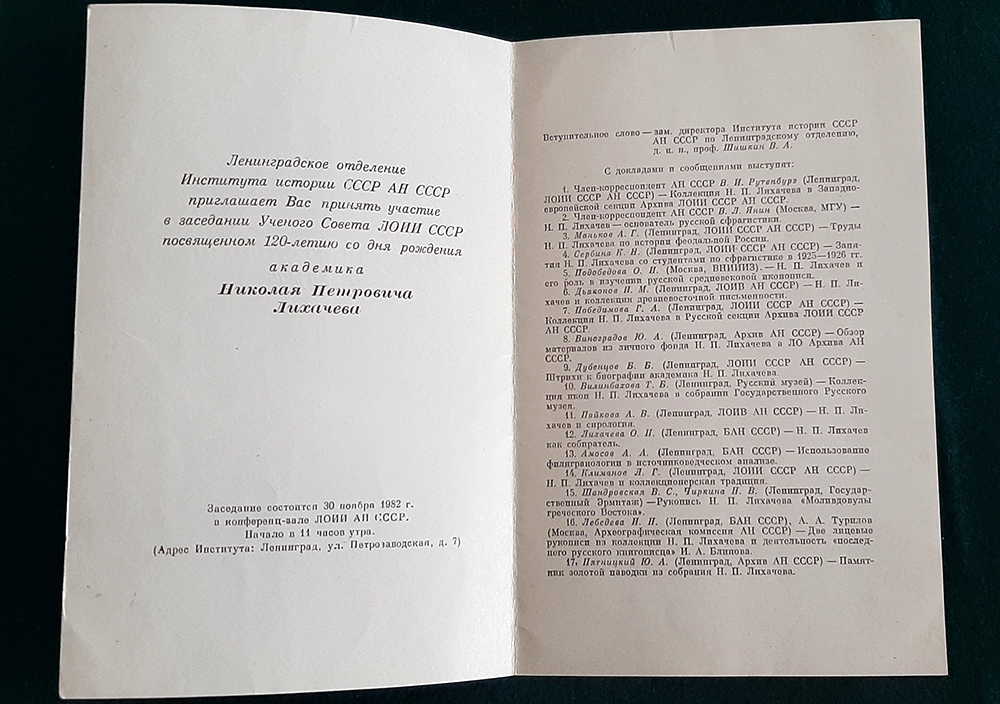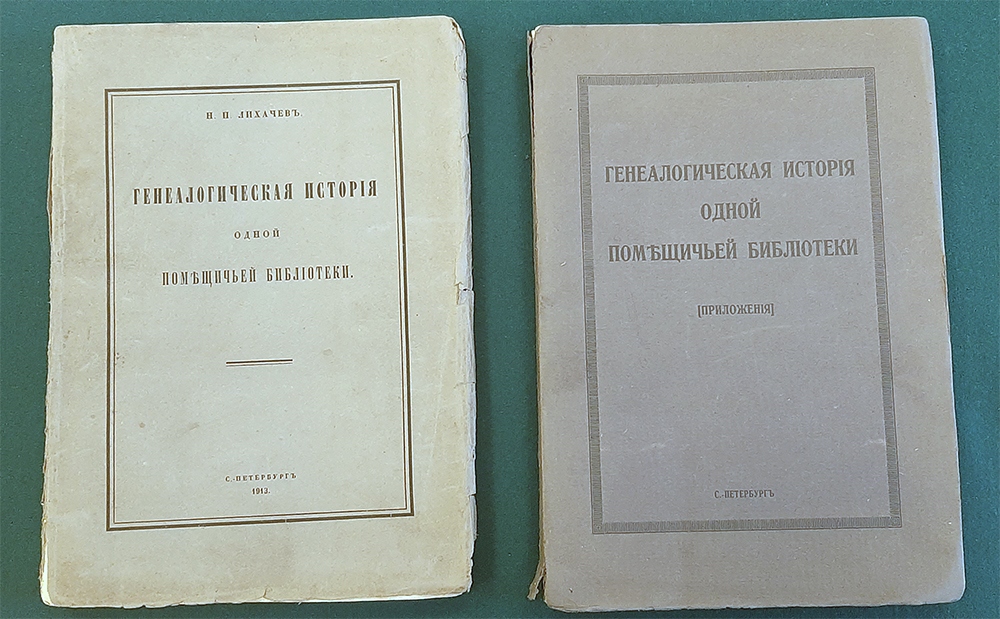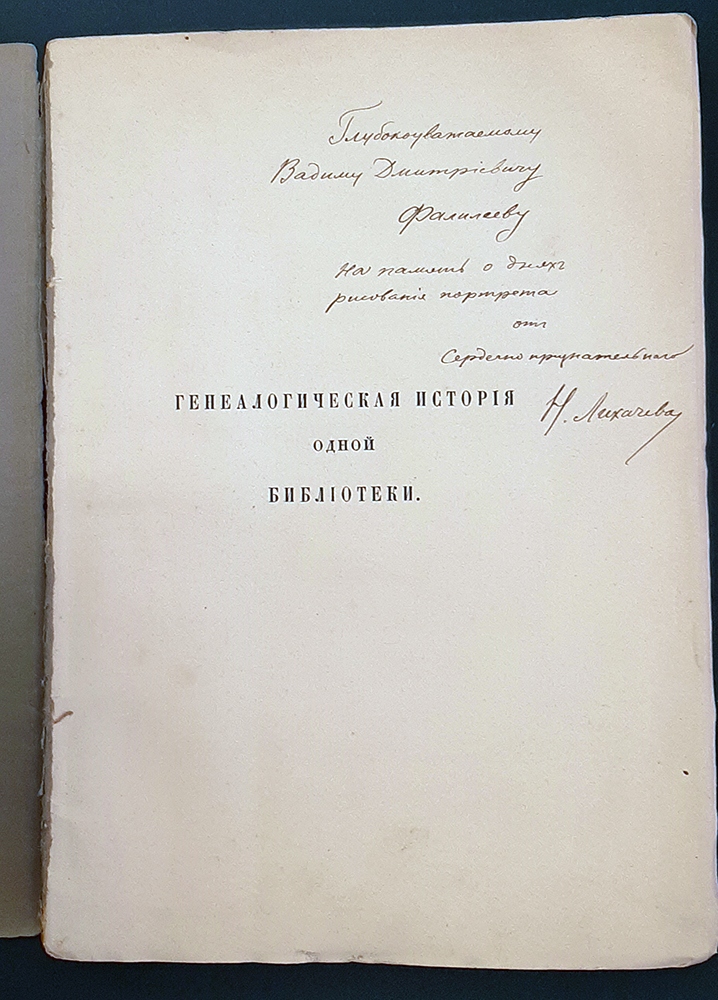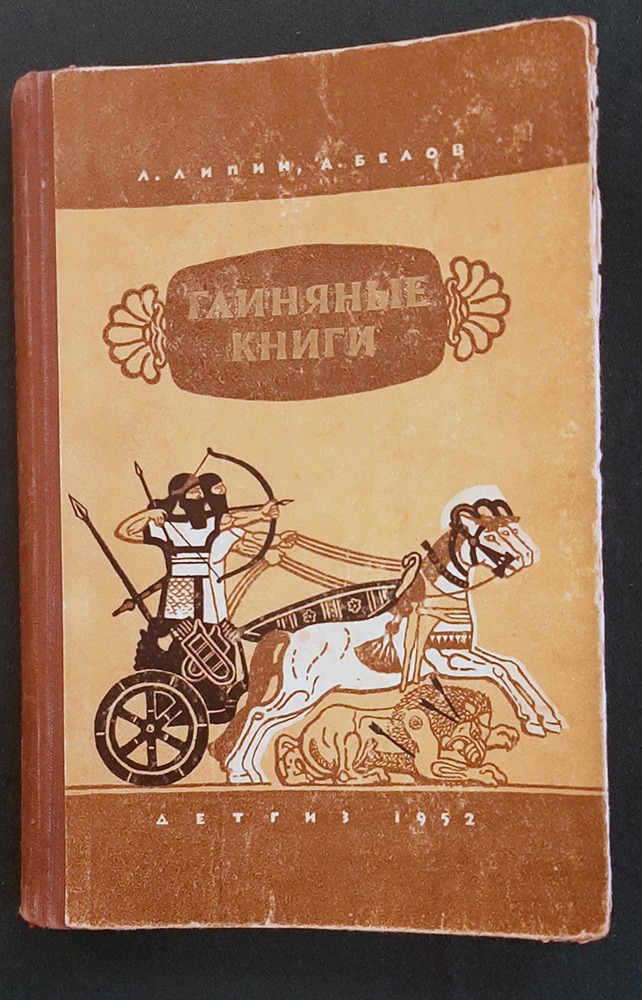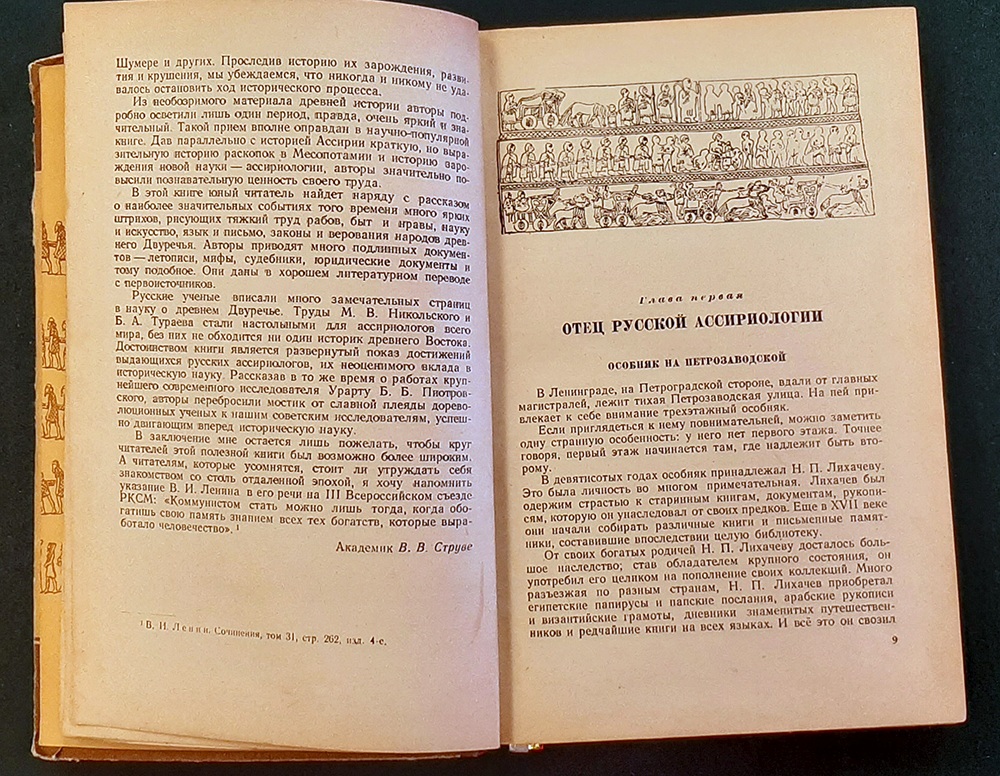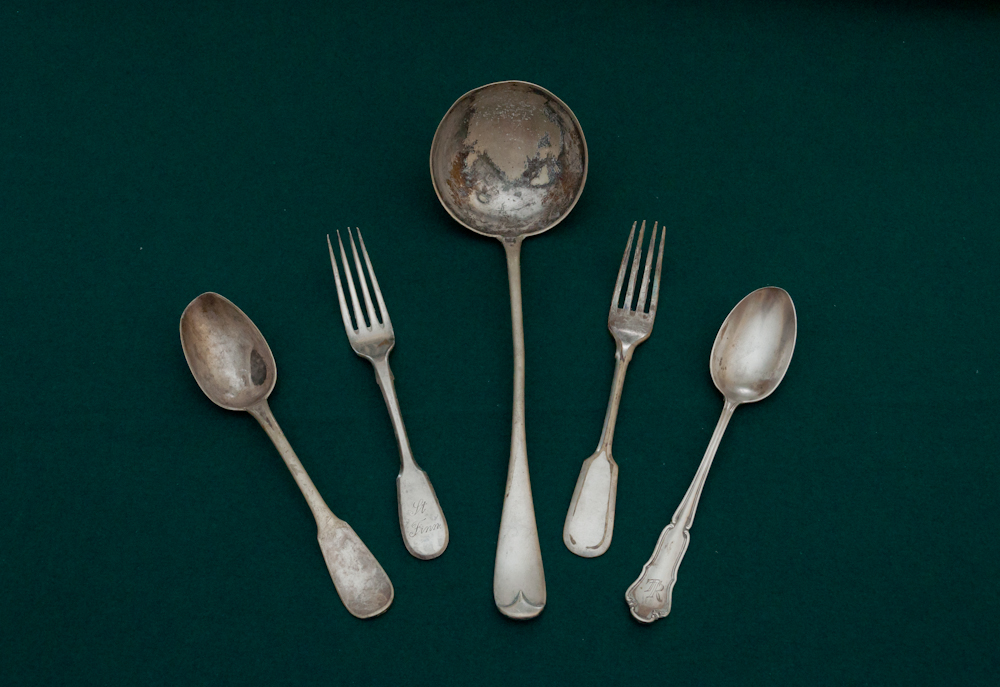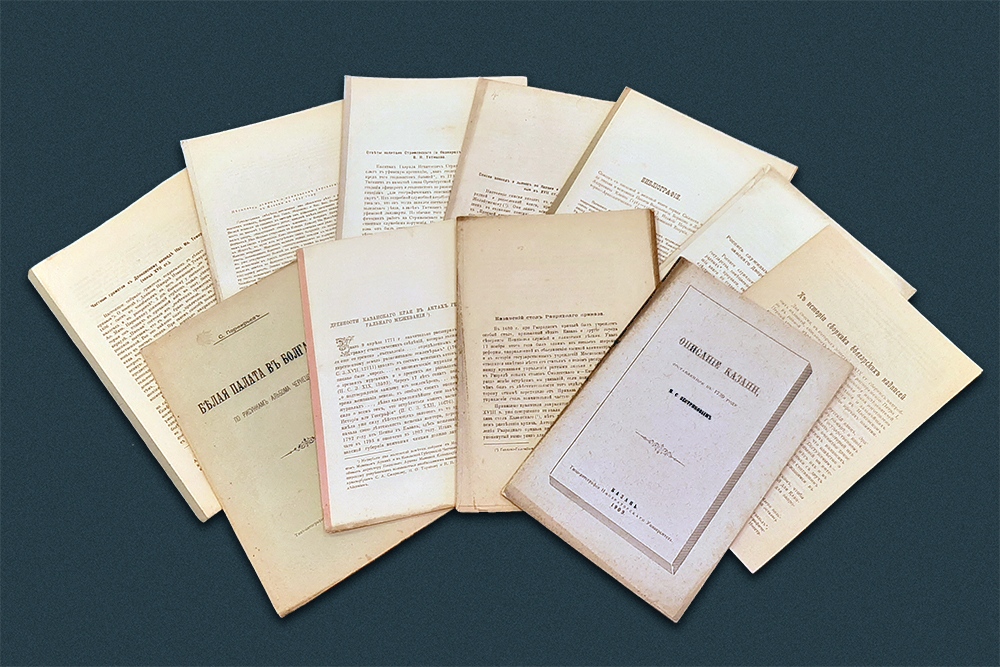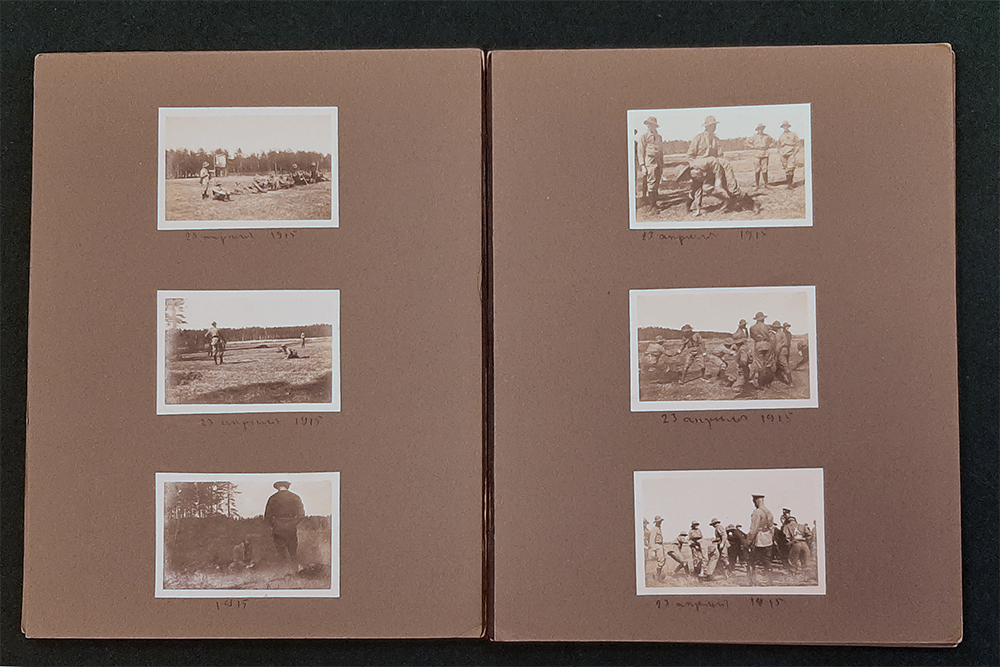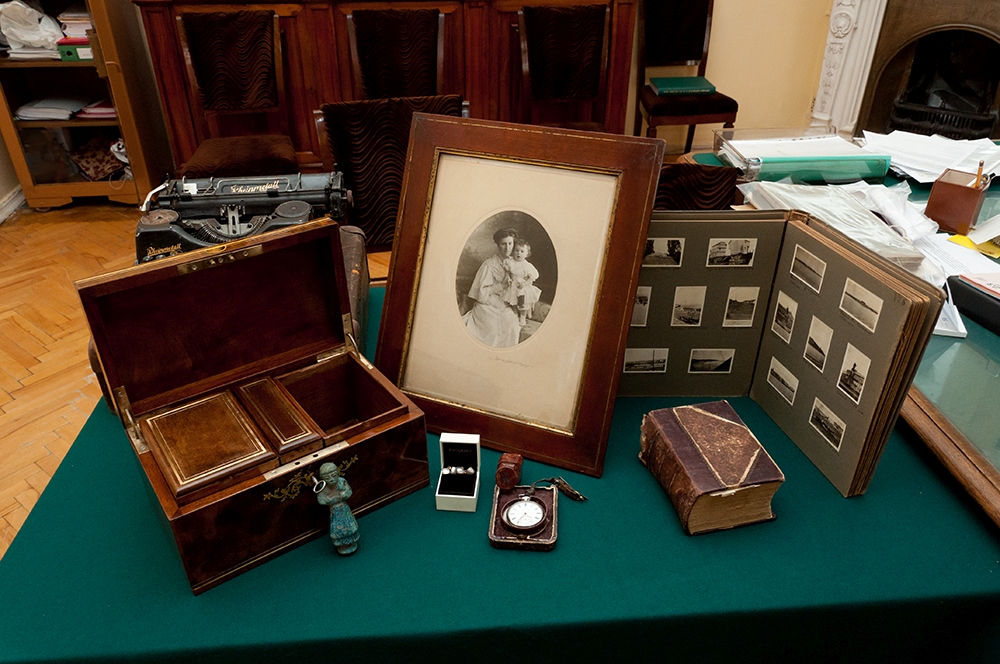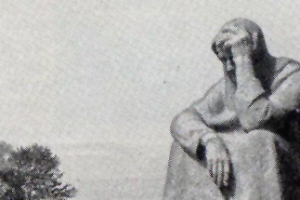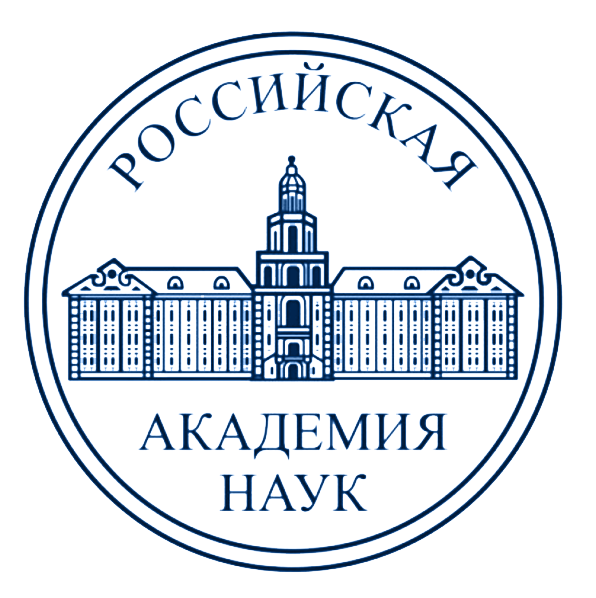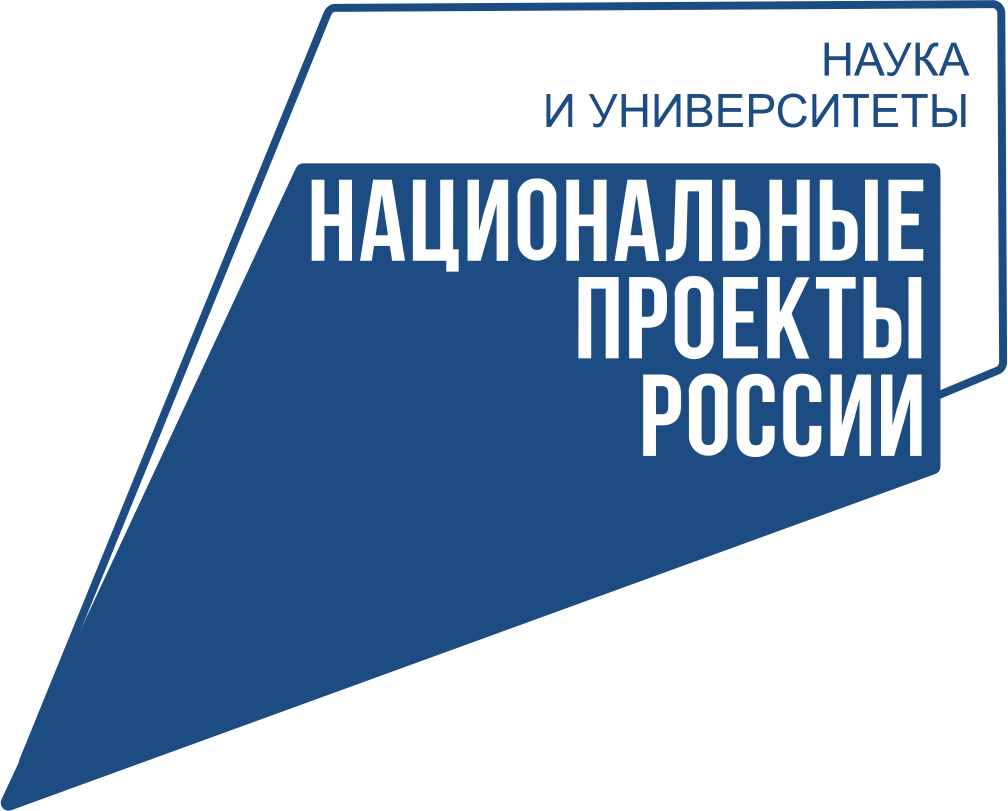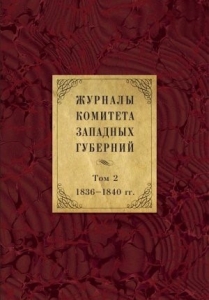
The publishing house “Dmitry Bulanin” issued the second volume of the publication “Journals of the Committee of the Western Provinces” [“Jurnaly Komiteta Zapadnykh guberniy”] – Vol. 2: 1836–1840. — St. Petersburg, 2021. 800 p., ill. ISBN 978-5-86007-981-6. The publication was prepared by T.V. Andreeva, I.N. Vibe, B.P. Milovidov, D.N. Shilov.
Journals of the Committee of the Western Provinces dated from 1836 to 1840 are the most valuable source of information about the preparation and implementation of large-scale government events in one of the largest and ethnically complex regions of the Russian Empire, the Western Territory, after the Polish uprising of 1830-1831. Decision-making mechanisms, their discussion, the correlation of orders depending on local daily life and the political situation in the region, as well as a comparative analysis of innovations in other regions of Russia – this is just a small list of the contents of the Committee’s journals. The circumstances and goals of its creation, the delegation of wide legislative, administrative and control powers to it indicate the high importance of the Committee of the Western Provinces in the political life of the state of that time. The committee concentrated all the key functions for managing a large, densely populated and multinational region of the empire. He was faced with the task of completely changing the system of administration of the region in administrative, social, economic, confessional terms. The variety of problems solved by the Committee was clearly reflected in its information-rich clerical documentation. The journals of the Committee of the Western Provinces are published in full, without any exceptions or abridgements. The publication is supplied with appendices and pointers that will help the reader to better understand the processes of formation and implementation of policy towards the Western Territory in one of the least studied periods in the history of the Russian Empire.

